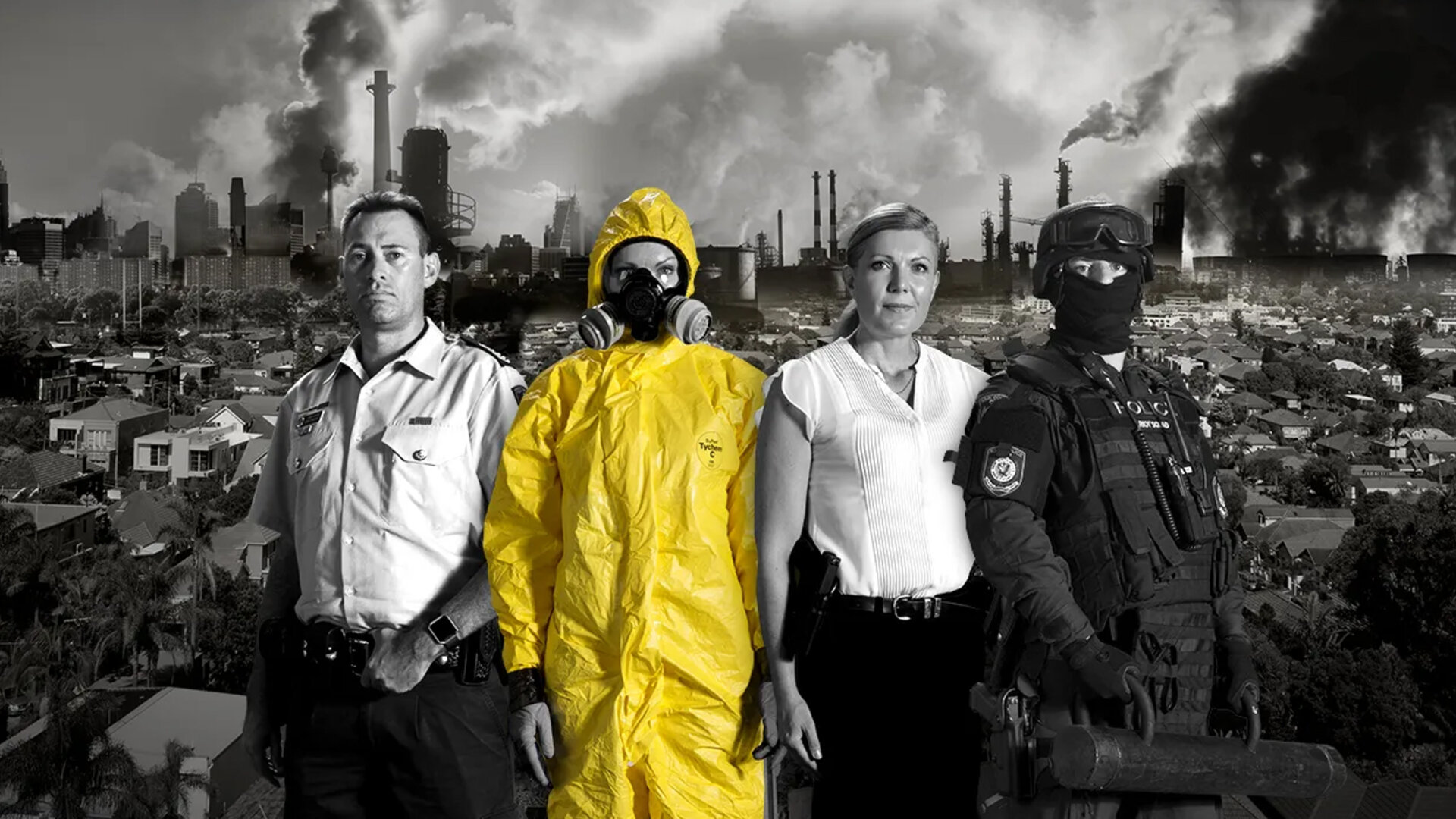
Ice Wars
4 X 1 HR | 2016 | PRODUCED FOR ABC AUSTRALIA
Australia has a problem with Crystal Methamphetamine. Street name: ice.
The program makers of this four-part series had unprecedented access to police front line operations in metropolitan, rural and remote communities across NSW. The program reveals the scope of the challenges facing law enforcement, health workers, users, families, and the community as they grapple to mitigate the effects of ice use in Australia. Police co-operation with the program makers means that viewers are left in no doubt as to the scale of this problem. The struggle of health workers to help their patients in the face of increasing drug use and often limited resources, points to an array of possible solutions that can only be achieved by informed discussion leading to good policy and political action. It is an issue Australia faces like no other drug.
We begin the series with an insight into where ice comes from, how it’s made and what kind of people benefit from the profits made on the misery of users. We hear from the Police who must plan and execute their anti-ice strategies daily.
A small ice lab in an ordinary suburban Sydney home is dismantled by the Drug Squad, with the police left to clean up the mess. In every case, whether it’s a suspected dealer working out of a pub, a domestic scale lab in a garage or a commercial scale operation awash with cash and drugs, and protected by guns, evidence gathering must be meticulous if police are to gain a conviction for something more serious than possession.
A lady in the Sunshine Coast hinterland decides to rent out her granny flat to make a bit of extra money. When her health deteriorates, she discovers her new tenant is not a chef, but an ice cook, whose midnight kitchen concoctions are making her ill.
Every day of the week, first responders like Ashley Baker, who manages the Blacktown Access and Assessment Mental Health Team, must try to assess and stabilise, then balance the care options for ice users who are often in extreme distress, against the concerns for community safety.
We meet some of Ashley Baker’s patients, including Michael, who has lived on the streets since his 37-year marriage and family life were destroyed by his ice addiction. Long-time ice user Aaron regards ice as a medicine, a salve to alleviate the effects of his mental illness. His mental illness is in turn exacerbated by his ice use, so the cycle continues.
Ice does not discriminate if you become enthralled by its seductive promise of boundless energy and wellbeing. As former World Surfing Champion Tom Carroll attests, ice filled a void in his life but stole everything he valued at the same time.
Tasmanian Senator Jacqui Lambie reveals the story of her fight to save her son Dylan from ice addiction. She points to the despair and low self-esteem experienced by many of his generation, fuelled by a lack of opportunity and jobs.
Young men and women in regional communities like Wellington, Lismore and Nowra in New South Wales, are especially vulnerable for the same reasons. When ice comes to town, it’s hard to kick it out. Reformed user Barry from Wellington puts it succinctly: “Every second house is dealing, kids are using, it’s shocking.”
At the heart of this series are the stories of the users, their families and friends whose health and relationships are being destroyed by the most dangerous drug of our time.
FOR URGENT HELP AND SUPPORT:
Kids Helpline: 1800 55 1800
Lifeline: 13 11 14

